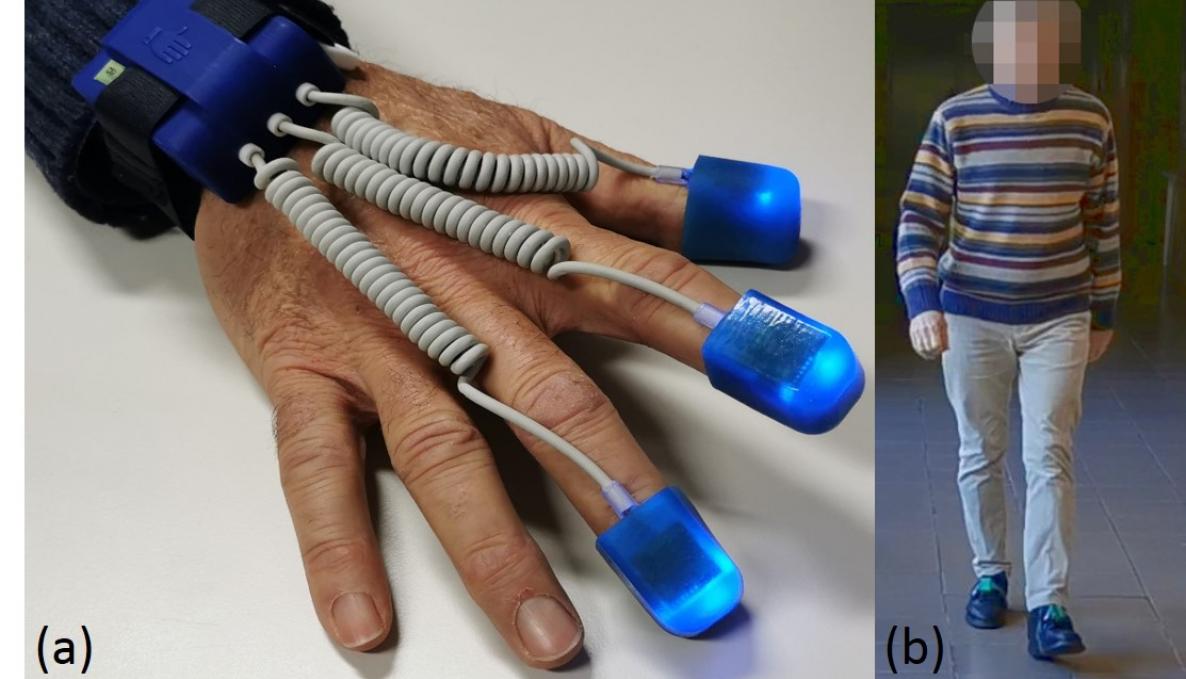RESEARCH, A STUDY BY THE BIOROBOTICS INSTITUTE OF SANT'ANNA SCHOOL EXPLORES THE POSSIBILITY OF ANTICIPATING THE DIAGNOSIS OF ALZHEIMER'S DISEASE THROUGH THE LINK BETWEEN MIND AND BODY

A study by The BioRobotics Institute of Sant’Anna School explores the possibility of anticipating the diagnosis of Alzheimer’s disease through the link between mind and body. The study stems from the collaboration with the Université Cote d’Azur, Nice, and is published in Scientific Reports journal. The first author is Gianmaria Mancioppi, PhD student of the Institute, while the research activities are coordinated by Filippo Cavallo, full professor of biomedical robotics and principal investigator of the Assistive Robotics Lab, whose aim is to design and develop ICT and robotics solutions to provide support and assistance to citizens in daily life activities.
Due to the rapid global aging, people affected by dementia will triple worldwide in the next 30 years1,2. The circumstances are exacerbated by the fact that, for the majority of the cases, no effective curative treatment is available so far. Being able to diagnose Mild Cognitive Impairment (MCI) early would allow finding treatments that can slow down or prevent cognitive diseases. The aim of the researchers is to anticipate the diagnosis through the link between mind and body.
"Alzheimer's disease, and dementia in general, negatively affects not only cognitive processes (memory, language) but also the way we move and control our bodies", says Gianmaria Mancioppi, first author of the study.
"The integration of wearable sensors, artificial intelligence algorithms, and clinical evaluation methods is an important contribution to the development of new techniques for the evaluation of neurodegenerative diseases" explains Filippo Cavallo.
THE STUDY
Gianmaria Mancioppi, Laura Fiorini, Erika Rovini, Radia Zeghari, Auriane Gros, Valeria Manera, Philippe Robert, Filippo Cavallo, https://www.nature.com/articles/s41598-021-86579-3, Scientific Reports 2021



